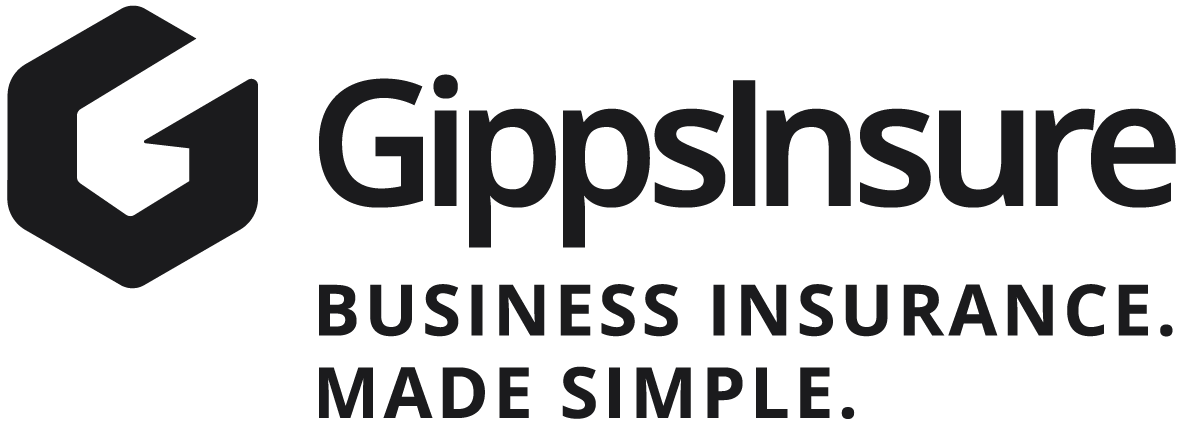Running a small business means navigating challenges and risks. Here are the top five business risks for small businesses in2025 and expert tips on how to mitigate them.
1. Rising costs and cash flow pressures
Escalating costs are a significant challenge for small businesses, with the Reserve Bank of Australia indicating this part of the economy is disproportionately exposed to soaring prices.
While higher costs can affect your bottom line, there are many ways to keep expenses in check. These include regularly reviewing pricing and cost structures to remain competitive, negotiating better deals with suppliers and automating processes to improve efficiency and reduce labour costs.
2. Finding (and keeping) the right people
Labour shortages, wage rises and staff retention challenges mean business owners are turning to technology to bridge this gap.
“Too many small business owners struggle to find qualified staff and they are turning to outsourcing, AI and automation to make sure they have the right resources to operate,” says social media expert, Jenn Donovan.
Offering competitive benefits beyond just a salary – like flexible working hours, training, career development and building a strong employer brand – are other ways small businesses can attract and retain skilled workers.
3. Marketing paralysis and business visibility
Marketing overwhelm – being excessively burdened or stressed by the demands and complexities of marketing tasks and responsibilities – is a growing issue.
Many business owners cite budget limitations, unclear strategies and difficulty keeping up with trends as barriers to growth.
Embracing e-commerce and using digital marketing to reach new customers, adopting AI and automation tools and keeping up with industry trends can help you re-energise your marketing in 2025.
4. Inaccurate property valuations leading to underinsurance
Small businesses face significant risks of being underinsured, often due to the evolving nature of their operations.
Working with an experienced insurance broker can help ensure your business property is accurately valued and that your insurance program can help protect you should your enterprise need to make a claim.
5. Economic pressures challenging growth
While small businesses may have little individual influence on factors such as inflation and interest rates, there are plenty of steps they can take to make their business a success.
Diversifying your income streams to reduce reliance on one market or customer segment and maintaining strong cash reserves are some ways to give your business resilience through economic cycles. Every business faces unique risks, so the mitigation strategies you use will depend on your industry sector and the markets you sell into.
The idea is to be constantly vigilant detecting risks the business face, so you are prepared well in advance if any of them eventuate.


